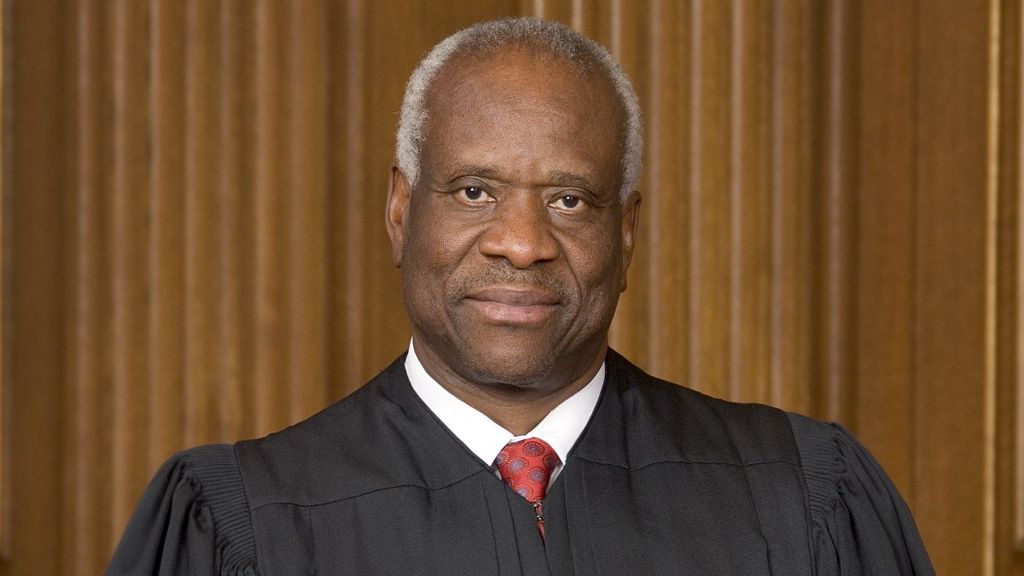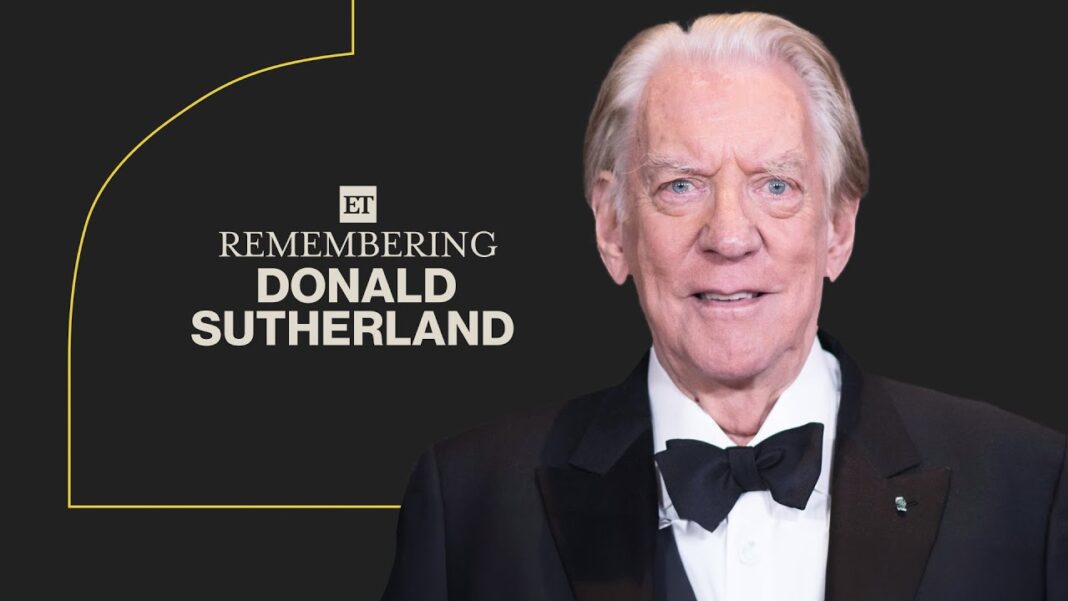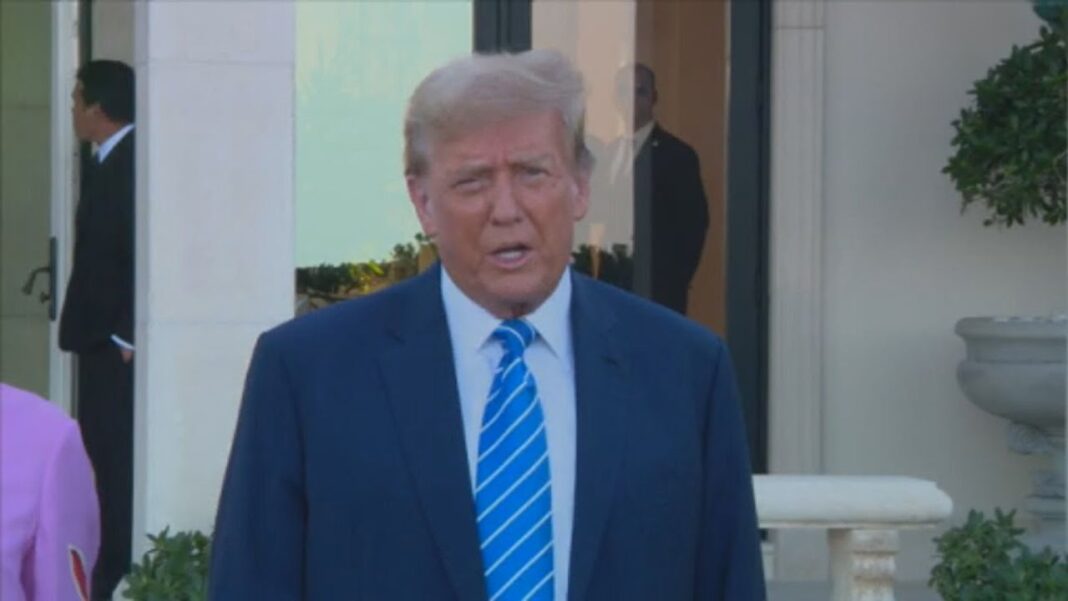Justices said experts can testify about ’most people’ in a group to which a defendant belongs.
The U.S. Supreme Court on June 20 sided with the government in a case centering on expert testimony in criminal trials.
In a 6–3 ruling, the justices said that experts can testify to how “most people” in a group to which a defendant belongs think, upholding a lower court ruling.
The case was brought by Delilah Diaz, a U.S. citizen who was stopped at the U.S.-Mexico border. Officers found nearly 28 kilograms of drugs hidden in the door panels of the car she was driving, and she was charged with violating a law that requires showing a defendant “knowingly” transported drugs.
Ms. Diaz said her boyfriend used her by luring her to Mexico, then loaning her a car to return to the United States that was, unbeknownst to her, filled with drugs.
The government called Andrew Flood, a special agent, to testify that drug traffickers typically don’t give large quantities of drugs to people unless the people know they are transporting the drugs.
“Generally, it’s a risk of your—your cargo not making it to the new market; not knowing where it’s going; not being able to retrieve it at the ending point, at your point B. So there’s a risk of not delivering your product and, therefore, you’re not going to make any money,” he testified.
Mr. Flood also said that there were cases where drug traffickers placed drugs in vehicles without the drivers knowing, but that none of those known “schemes” matched the circumstances of Ms. Diaz.
Challenging Testimony
Ms. Diaz brought up a federal rule known as Rule 704(b) that states expert witnesses “must not state an opinion about whether the defendant did or did not have a mental state or condition that constitutes an element of the crime charged or of a defense.” But a district judge ruled that Mr. Flood could tell jurors about whether couriers generally knew they were transporting drugs. At trial, he testified to that effect. The jury found Ms. Diaz guilty.
Ms. Diaz appealed, but a federal appeals court also rejected her arguments against the testimony.









